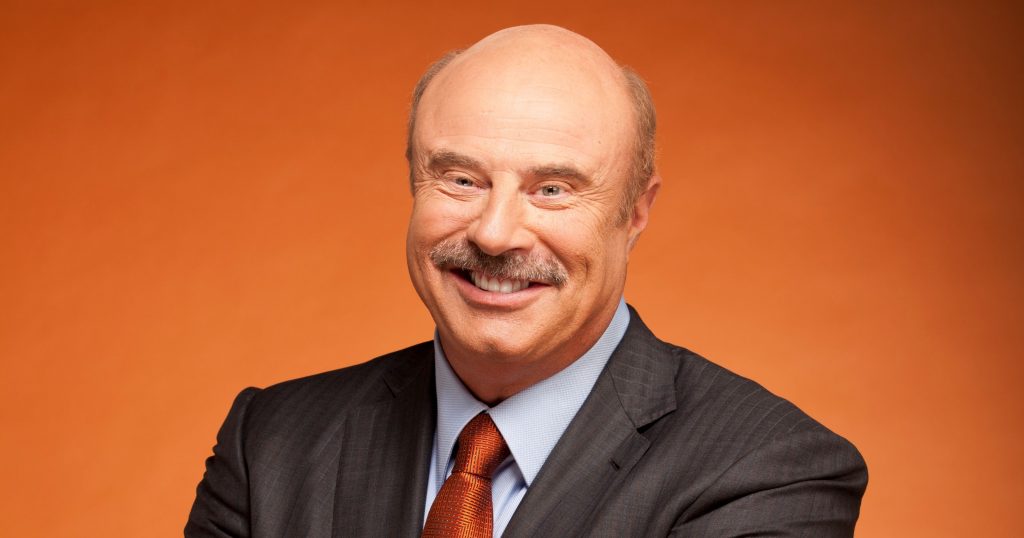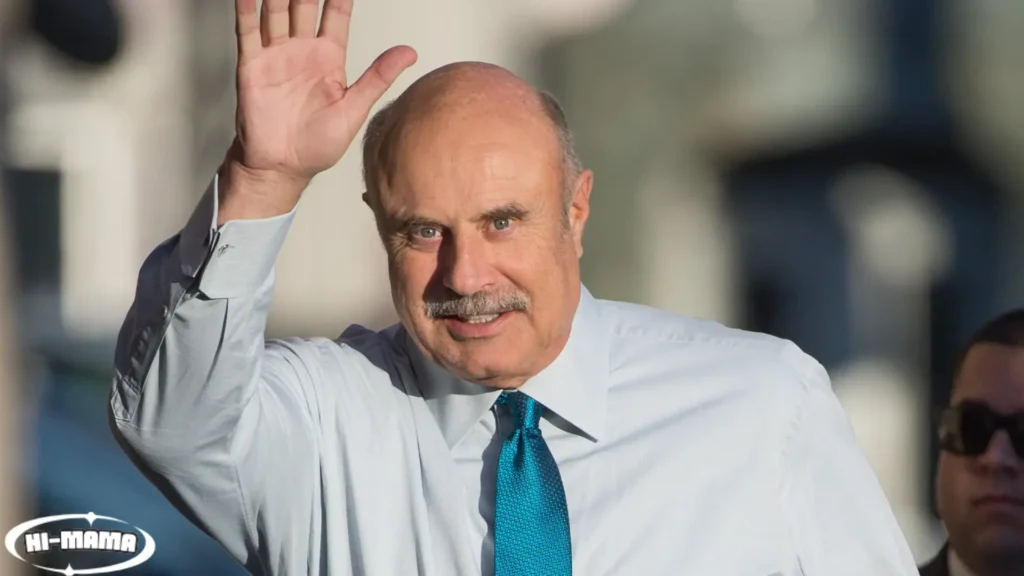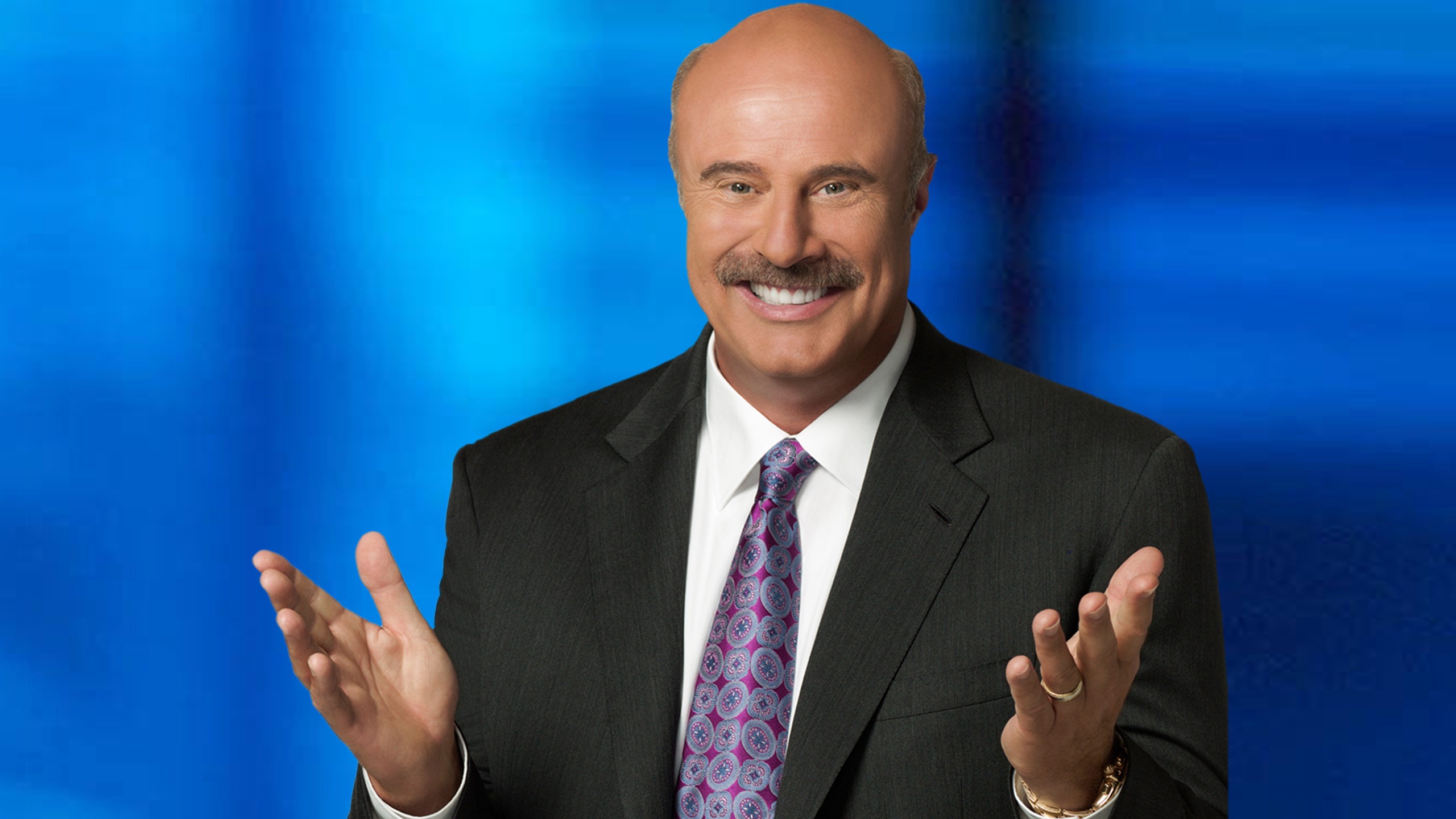Dr. Phil McGraw has been a household name for over 20 years, with his popular daytime talk show ‘Dr. Phil’s commanding huge viewership. However, there have been some controversies around McGraw regarding ethics violations that led to his psychology license being revoked.
In this in-depth article Why did Doctor Phil lose his License, we’ll explore the background of Dr. Phil’s license, the reasons it was revoked, the impact on his career, and lessons that can be learned.
Introducing Dr. Phil McGraw
Dr. Phillip Calvin McGraw was born in 1950 in Oklahoma. After getting his BA and MA in psychology, he obtained his PhD in clinical psychology in 1979 from the University of North Texas.
In the 1980s, McGraw founded Courtroom Sciences, Inc., which provided trial consultation services for lawyers. This work with Oprah Winfrey’s litigation team led to him making regular appearances on her show as a relationship and life strategy expert.
The popularity of these segments resulted in Dr. Phil getting his syndicated TV show in 2002, produced by Winfrey’s company Harpo Productions. “Dr. Phil” quickly became one of the highest-rated daytime talk shows.
Read also: Does Manna Exist Today

When Did Doctor Phil lose his License?
McGraw obtained a license to practice psychology in Texas in 1979. However, he stopped renewing it after he became inactive as a psychologist when his media career took off in the 1990s.
In 1989, the Texas State Board of Examiners of Psychologists formally revoked his license due to ethics violations stemming from an inappropriate relationship with a patient. This occurred well before McGraw was famous and did not impact his celebrity status.
The revocation only affected his clinical practice abilities in Texas, where the license was issued. Since he had already given up therapy work for media opportunities, it did not hamper his occupational trajectory into television.
What Led to Dr. Phil’s License Being Revoked?
So, what happened that led to Dr. Phil’s license being rescinded? Here are the key details:
- In 1988, the Texas State Board of Examiners of Psychologists filed a formal ethics complaint against McGraw.
- The complaint alleged that McGraw had engaged in an inappropriate relationship with a patient, hiring her as an employee soon after terminating therapy.
- The Texas Board found evidence supporting this ethics violation and deemed that McGraw had failed to maintain appropriate professional boundaries.
- They determined his actions amounted to negligence and discreditable conduct under the state statutes governing psychologist practice.
- As a result, the board voted to revoke McGraw’s license in June 1989 due to the seriousness of the violation.
- McGraw did not dispute the allegations and surrendered his license without contest. All appeals were also exhausted.
While the transgression occurred decades ago, it was nonetheless a case of clear ethics violations by McGraw that justified the license revocation at that time based on the board’s findingsgs.
Why the License Issue Didn’t Affect Dr. Phil’s Career
An average psychologist losing their license due to negligence with a patient would destroy their clinical career. However, since McGraw had already resigned from practice to pursue entertainment ventures, the revocation had negligible impact.
Here’s why it didn’t hamper his rise to fame:
- He gave up his license voluntarily in the 1990s once he became inactive in psychology anyway.
- The media psychologist path he shifted to in the Oprah era did not require a therapy practice license.
- By 2002 when his show launched, it was already 13 years since the revocation occurred.
- He never needed to apply for licensure in California where the show is filmed since he is not acting as a clinician.
- The allegations were not widely known until investigative reporting uncovered the controversy in 2008.
- McGraw’s brand as a talk show host did not rely on being a licensed psychologist. His credentials were never flaunted on his show.
So while the loss of his license back in 1989 was indeed justified, it faded into the background as McGraw reinvented himself strictly as a television personality and self-help expert. He didn’t try to maintain credentials as a practicing therapist.
What Dr. Phil Says About Losing His License
When confronted about the license issue and ethics allegations in interviews, McGraw has firmly stated that it’s inaccurate to claim it was ‘revoked’.
His stance is that he voluntarily gave up the license when he stopped practicing psychology, so no repercussions to his entertainment career followed.
McGraw maintains the allegations stem from disgruntled ex-employees leveraging it for extortion purposes decades later. He dismisses them as fabricated complaints that he did not get an opportunity to fully address back then.
However, while McGraw denies any wrongdoing, the official Texas Board records do confirm that major ethics charges were filed, substantiated, and used as grounds for revocation after proceedings. The loss of license itself appears to be factual per state documentation.
Lessons on Ethics from the Dr. Phil Scandal?

The Dr. Phil license revocation scandal, even if no roadblock to his fame, does offer some cautionary lessons for healthcare professionals on ethical conduct:
- Uphold Boundaries – Patient relationships must have clear boundaries. Don’t blur lines that can lead to conflicts, like hiring patients.
- Document Diligently – Keep consistent case notes and records to counter any allegations or misrepresentation.
- Avoid Negligence – Lack of diligence in treatment or oversight of staff can quickly turn into negligence suits.
- Review Ethics Regularly – Proactively refresh your understanding of all applicable ethical guidelines.
- Disclose When Required – If asked, be transparent about license status, revocations, and allegations rather than hiding.
- Monitor Staff – Ensure employees and other staff are also exhibiting ethical behavior at all times.
- Defend Promptly – Respond quickly and firmly to fight any questionable allegations rather than letting them linger.
While McGraw suffered no long-term career setback, the board’s findings indicate the allegations were serious enough to warrant losing his license. For professionals, it’s a lesson in practicing ethics.
Dr. Phil’s Legacy Despite Controversies
While the license revocation and other controversies generate criticism periodically, there’s no denying Dr. Phil has made his mark through his massively successful show spanning over 20 seasons.
Some of Dr. Phil’s key achievements and contributions include:
- Providing mental health education to the general public raises awareness.
- Open discourse related to relationships, families, and contemporary issues.
- A trusted personality that many viewers look to for guidance and life advice.
- Entertaining format that makes self-help and therapy accessible to the masses.
- Great success as an author with multiple New York Times bestsellers.
- Lucrative spinoff shows like ‘The Doctors’ and ‘DailyMailTV’.
- Recognition as a pop culture icon with a star on the Hollywood Walk of Fame.
Despite sensationalist tendencies at times, the Dr. Phil show does expand the topics and conversations around mental health in mainstream media. The daytime talk format allowed him to reach audiences that typical psychology work never could.
Final Words
In summary, while Dr. Phil McGraw did have his psychology license revoked early in his clinical career due to ethics violations, it did not affect his subsequent success as a media personality and talk show icon. He had already resigned from the license when he shifted into show business.
The allegations and disciplinary actions were undoubtedly deserved based on credible evidence and proceedings. However, McGraw was able to move past the scandal well before his fame, reinventing himself strictly as an entertainer rather than a professional psychologist.
So while the license revocation was factually correct, it was ultimately inconsequential to Dr. Phil’s rise as a TV celebrity. He continues impacting pop psychology despite lacking credentials, though should still be held accountable for past ethical transgressions.

